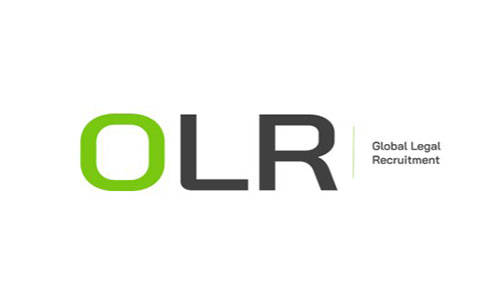Fee-earner who sent himself client docs before moving firms barred by SRA

A former fee-earner at top 100 firm Bond Turner has been banned from working in law after emailing himself confidential documents before moving to a new firm.
The SRA said his conduct showed a serious lack of integrity and a disregard for client confidentiality.
A fee-earner who emailed himself confidential client information before switching law firms has been barred from working in the legal profession by the SRA.
In a decision published on Tuesday (15 July), the SRA found that Patrick Maginn sent himself dozens of client documents before leaving his old firm - and then went on to use the material in his new role.
Background
Maginn worked as a housing disrepair fee-earner at Liverpool-based top 100 firm Bond Turner between June and November 2023. In the days before leaving, he sent more than 50 emails with attachments from his work address to his personal account. These included confidential client details, internal templates and workflow documents.
After joining competitor McDermott Smith later that month, he forwarded many of the same files to his new work email and used some of them in client matters at his new firm.
Outcome
The SRA said that Maginn had shown a lack of integrity and made a serious error of judgement, and had failed to understand the duty of client confidentiality owed by all employees of an SRA-regulated firm.
Citing a risk that Maginn could repeat his behaviour, the regulator decided to bar Maginn from the profession and imposed a Section 43 order, preventing him from working in any SRA-regulated firm without its consent.
He was also ordered to pay £600 in costs.
Bigger picture
The SRA’s decision comes after Maginn was found guilty of contempt last year, following an action brought by Bond Turner, after he failed to comply with a court order to return the documents.
McDermott Smith fell into administration last July with debts of more than £37 million, much of it understood owed to litigation funders backing motor finance claims.
Join 10,000+ City law professionals who start their day with our newsletter.
The essential read for commercially aware lawyers.







